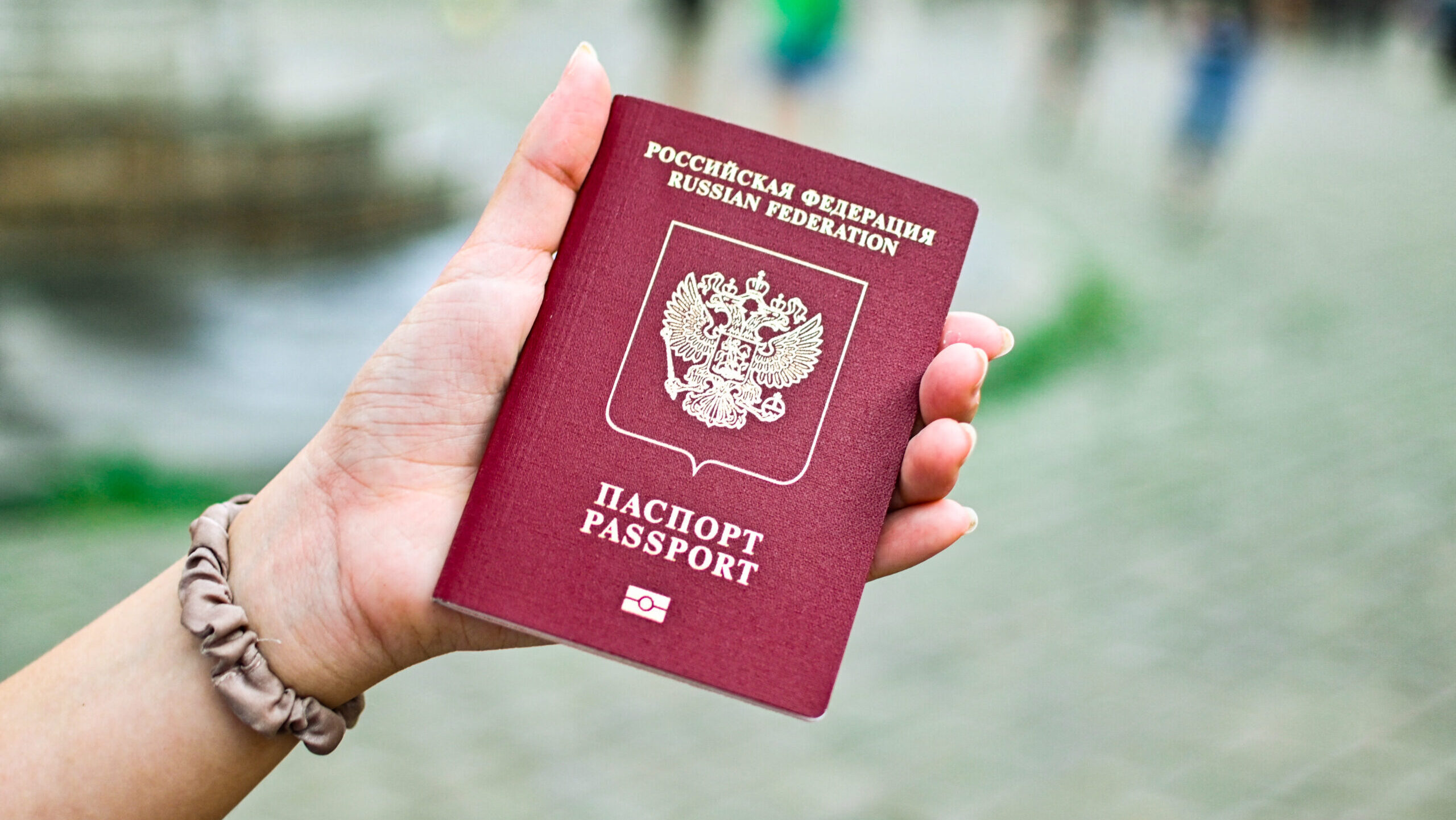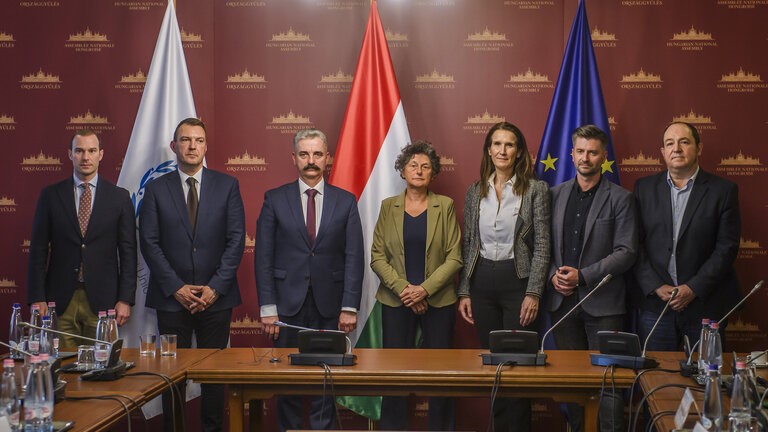Hungarian Interior Minister Sándor Pintér has responded to the European Commission’s concerns regarding the government’s extension of the National Card programme to Russia and Belarus. In a letter to the Commission, Pintér addressed the issues raised by Home Affairs Commissioner Ylva Johansson, who expressed concerns that the inclusion of Russian and Belarusian nationals in the programme could pose a security risk to member states participating in the Schengen Agreement, which facilitates free movement of people and goods within the EU and maintains open borders.
As reported by Hungarian Conservative, Manfred Weber, leader of the European People’s Party (EPP), wrote a letter to European Council President Charles Michel in late July, accusing the Hungarian government of creating ‘grave loopholes for espionage activities’ and posing a significant ‘national security risk’ by altering the country’s worker visa obligations.
Later, 67 MEPs joined Manfred Weber in urging the EU to suspend Hungary’s Schengen membership due to the extension of the National Card programme. In a letter to European Commission President Ursula von der Leyen, the MEPs stated: ‘If the Hungarian government refuses to change its policy, the Commission and all EU representatives should question Hungary’s presence in the Schengen area by introducing new measures to safeguard European citizens, including implementing new controls at Hungarian borders if necessary.’
With the extension of the National Card programme starting from 8 July, guest workers from eight countries, including Russia and Belarus, will be able to come to Hungary on favourable terms. The National Card offers more advantageous conditions compared to guest worker status, such as:
- No excluded occupations;
- The application does not need to be accompanied by proof of labour needs;
- No cultural knowledge test required for the renewal procedure;
- Possibility of family reunification.
In his letter to Ylva Johansson, seen by Index, Sándor Pintér stated: ‘Hungary will apply the same migration and security screening for the National Card as it does for other residence permits. The
National Card will be issued in accordance with relevant EU standards,
with careful consideration of the associated security risks.’ He emphasized that Hungary continues to place great importance on protecting its national security and the Schengen area as a whole. Pintér also highlighted that by safeguarding the EU’s external borders, Hungary is already contributing to the security of the Schengen area and ensuring the effective functioning of the agreement.
In the letter, Pintér also nailed down that the decision to extend the National Card programme was made for labour market and competitiveness reasons, in response to the current economic situation. He clarified that this decision does not compromise the national and public security screening of Russian and Belarusian citizens. The government had carefully considered these factors before making the decision, ensuring that the same rigorous migration and security checks applied in the past will continue to be enforced for all residence permit applications, including those under the National Card programme.
The Hungarian interior minister further explained that less than one percent of Russian and Belarusian citizens residing in the European Union live in Hungary, whereas significantly larger populations of these citizens are found in countries like Germany, Spain, Italy, Austria, the Czech Republic, and Poland.
According to Pintér, the arrival of Russian and Belarusian workers does not pose a risk because the government does not expect a significant increase in applicants, and the screening process will remain strict and unchanged. Consequently, the government argues that holders of the
National Card do not present an increased security threat to the rest of the Schengen area.
The criteria that applicants must meet to receive a positive decision are clearly outlined. Firstly, applicants must possess valid travel documents, have adequate accommodation, sufficient means of subsistence, and health insurance. They must also not be subject to expulsion or an entry ban. Additionally, it is crucial that their entry and stay do not pose a threat to public policy, public security, national security, or public health interests in Hungary.
The National Card permits stays of more than 90 days within a 180-day period, for a fixed term of up to two years, with the possibility of renewal for an additional three years at a time. As the card is employment-based, it is tied to a specific job and workplace. If a cardholder changes jobs, they must apply for an extension, during which the authorities will reassess their eligibility for the new employer.
The screening process will be conducted by the Constitution Protection Office, in cooperation with the Counter Terrorism Centre and the police. If any grounds for exclusion are identified, the application will be automatically rejected.
If Brussels remains unsatisfied with the Hungarian government’s arguments, it could potentially suspend Hungary’s Schengen membership. However, such a suspension has never occurred before. The closest instance was with Greece in 2016, due to the migrant crisis. Despite this, no member state has been suspended since the introduction of the open borders policy in 1985.
Related articles:








